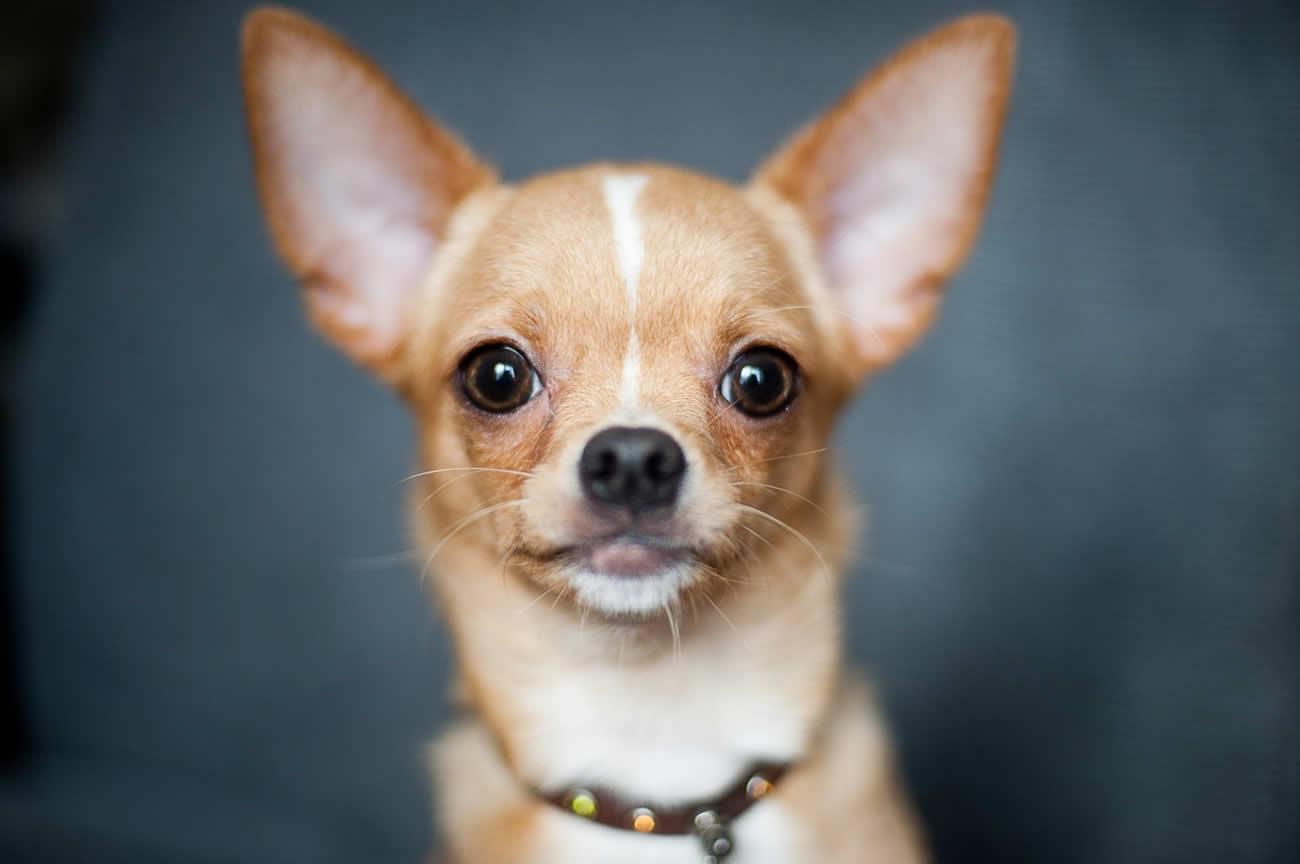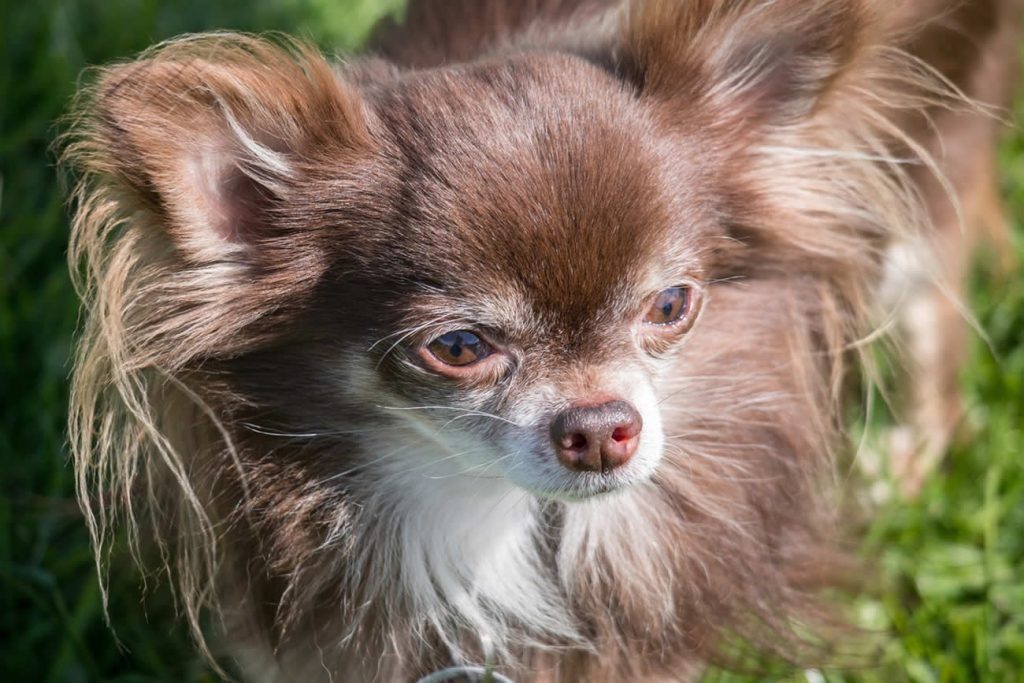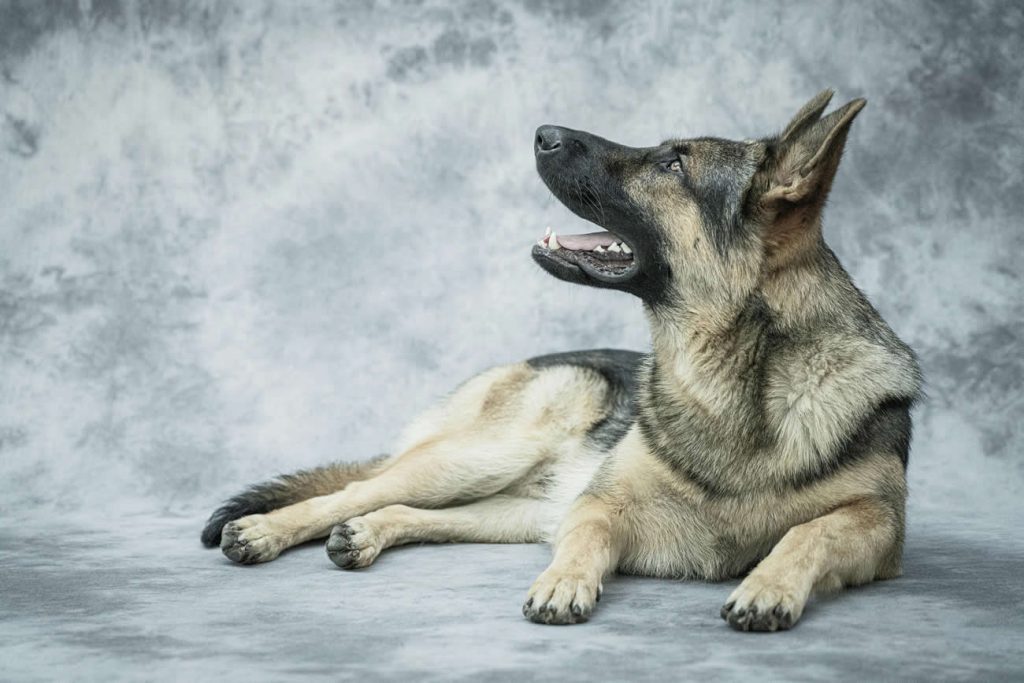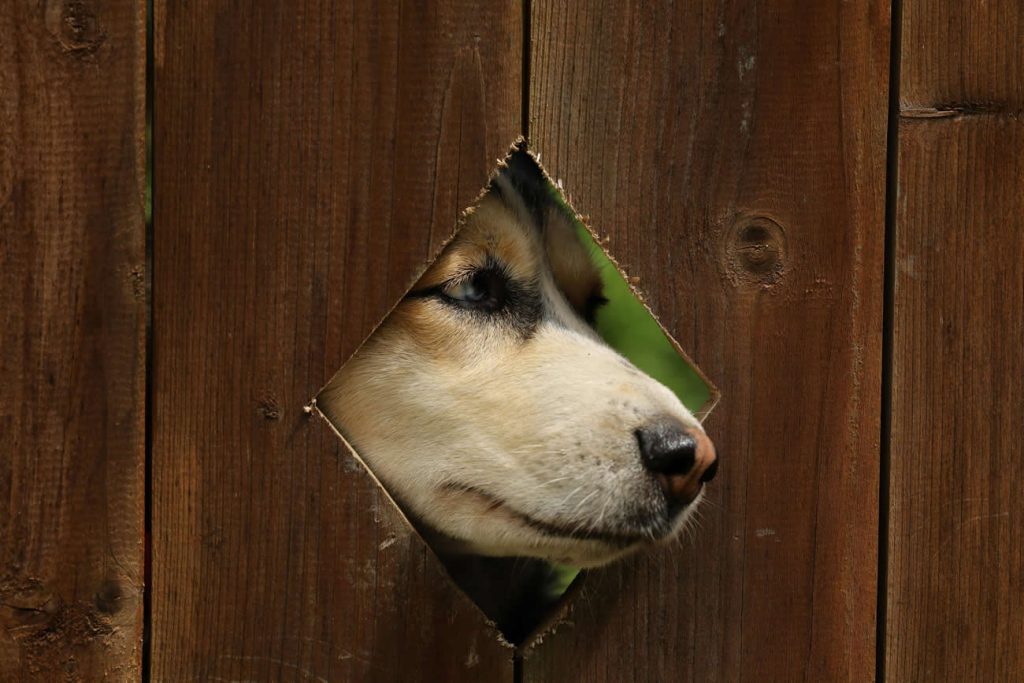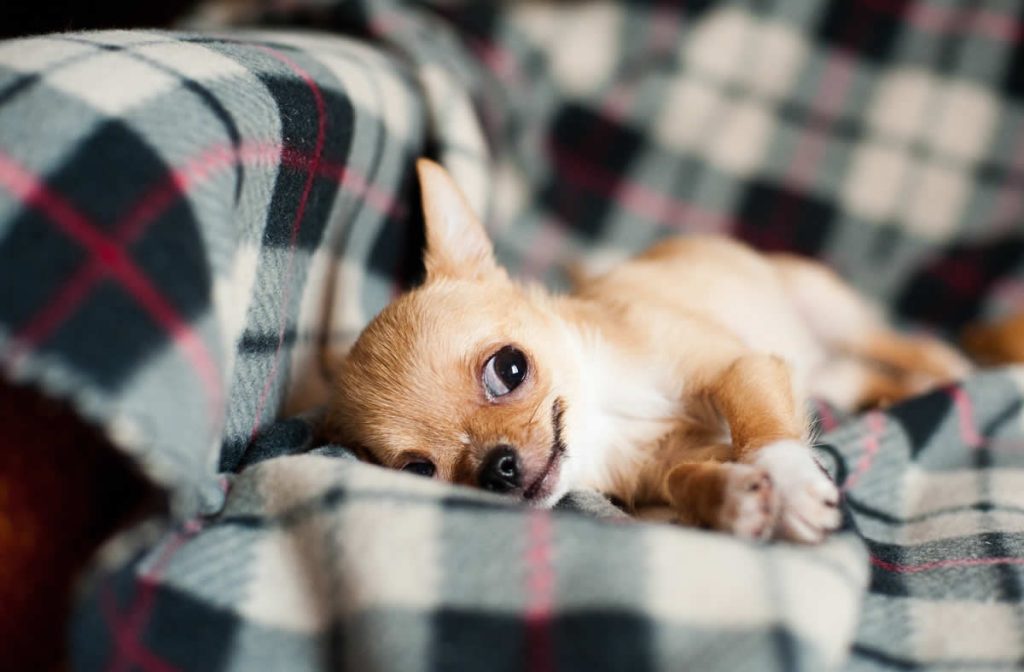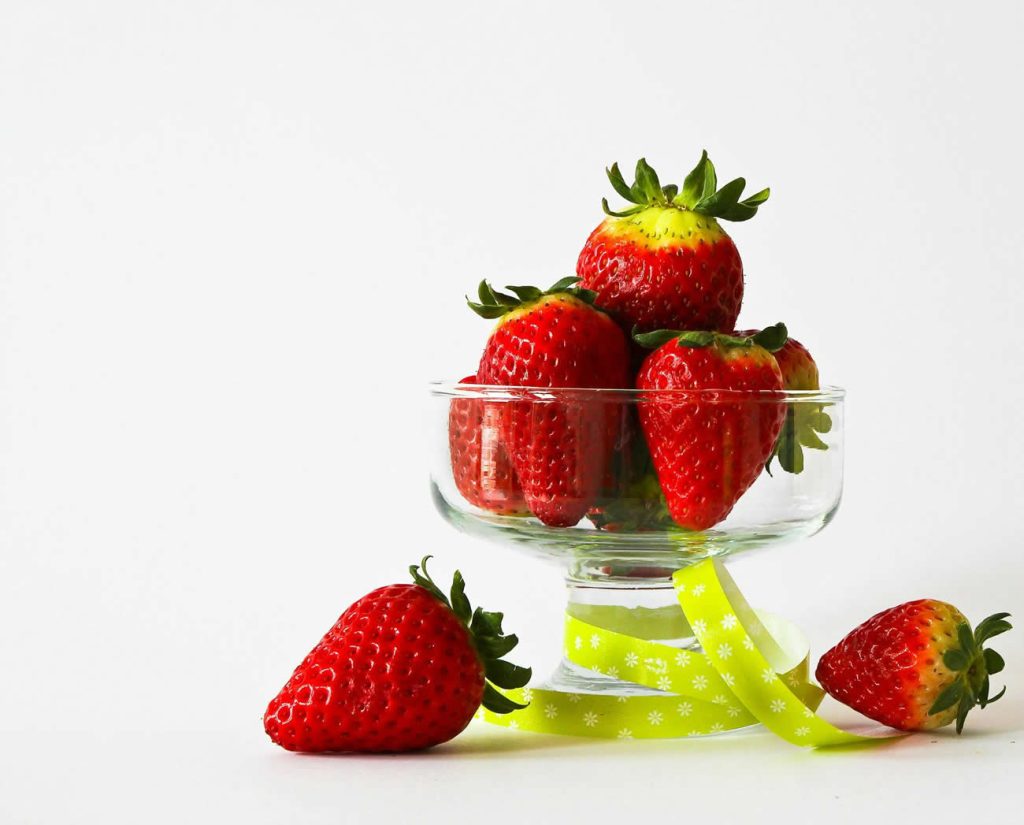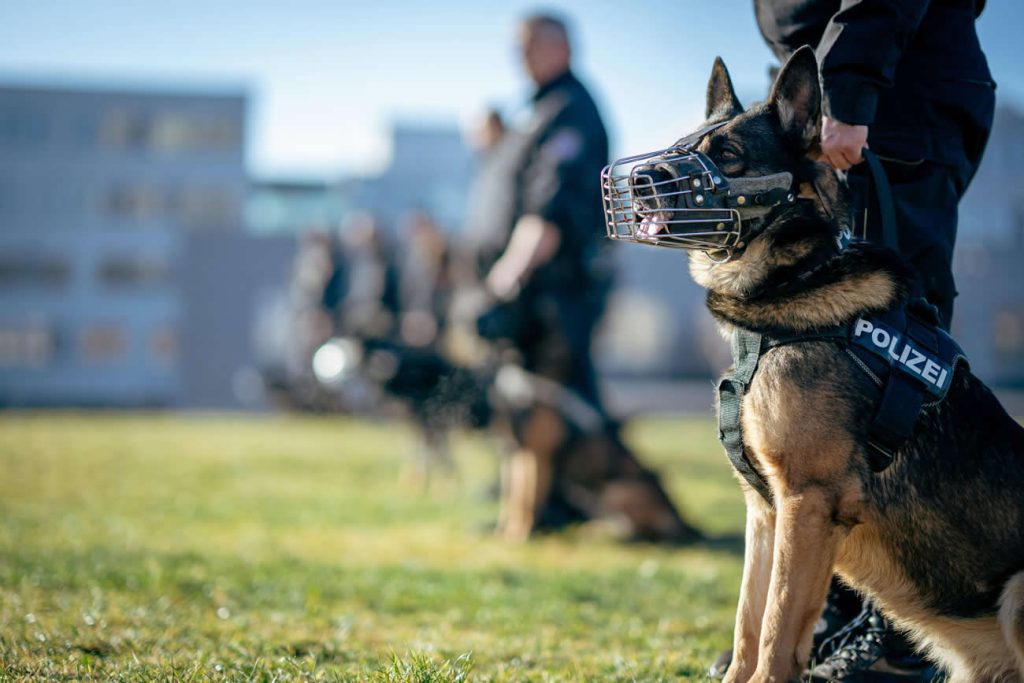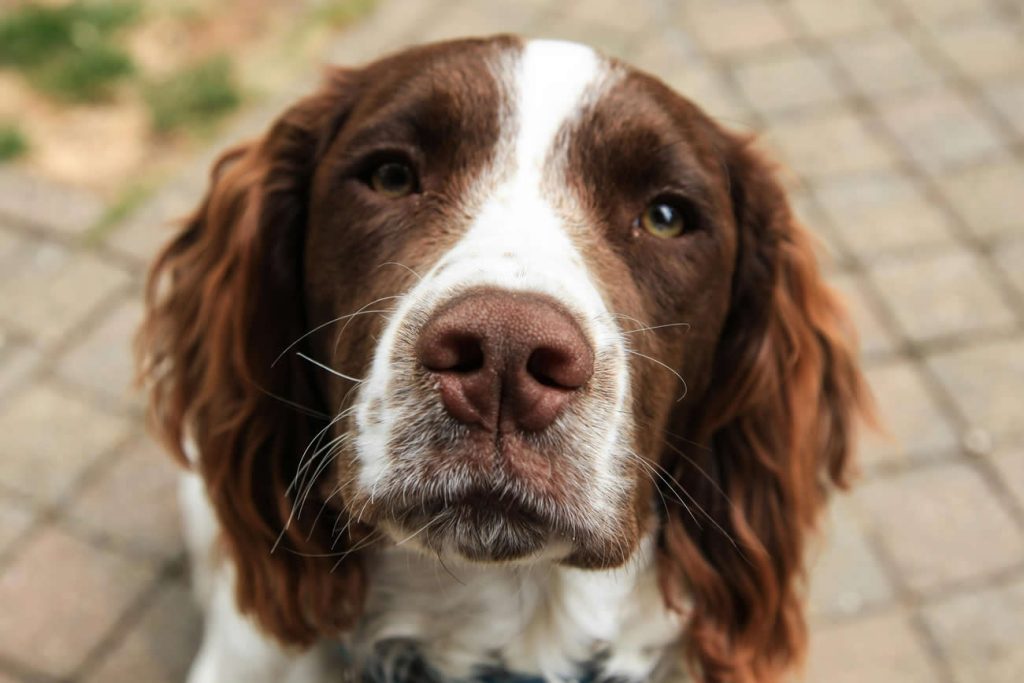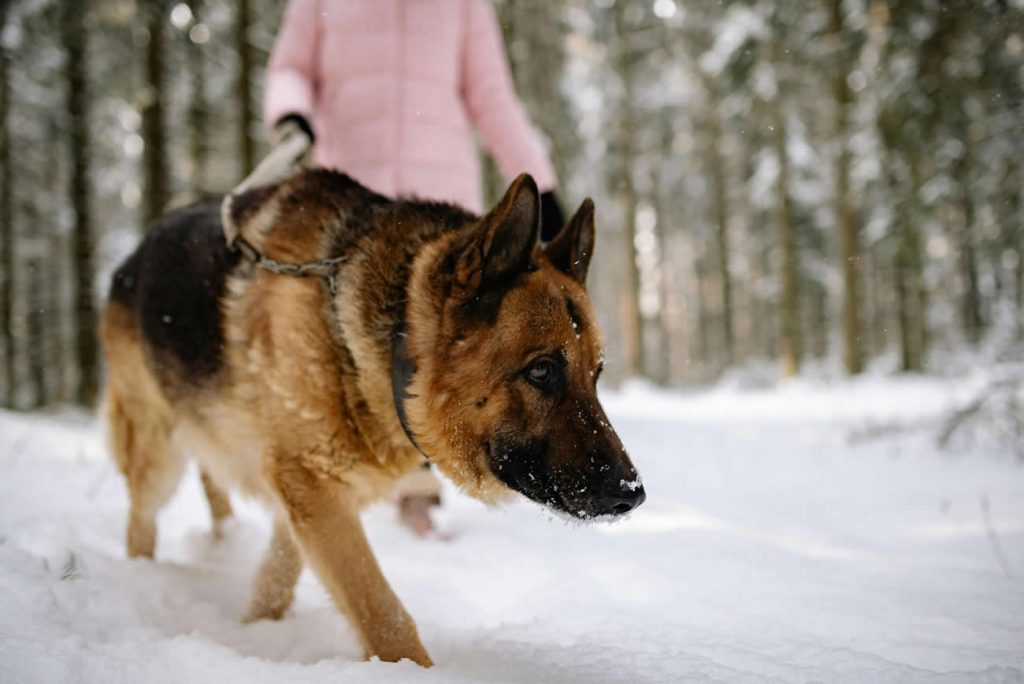The Chihuahua is one of the smallest dog breeds in the world, but don’t let its size fool you. This little dog carries a big personality, a long history, and an ability to capture people’s hearts in ways you might not expect. Whether you’re thinking about bringing one into your home or you just want to learn more about this fascinating breed, this guide will walk you through everything you need to know.
Quick Facts
Average Weight
Chihuahuas are very light compared with most breeds. On average, they weigh between 2 and 6 pounds, which is around 1 to 3 kilograms. Some may be slightly smaller or larger, but breeders aim to keep them in this range. Their tiny weight makes them one of the easiest dogs to carry around, but it also means they need careful handling.
Average Height
A typical Chihuahua stands between 6 and 9 inches tall, or about 15 to 23 centimetres. Some dogs fall outside this range, but generally they remain one of the smallest breeds recognised by kennel clubs worldwide.
Average Lifespan
One of the biggest advantages of owning a Chihuahua is their long life expectancy. They usually live between 14 and 17 years, with some reaching 20 years when given proper care. This makes them one of the longest-lived dog breeds, a fact that many owners find comforting when choosing a lifelong companion.
Breed Group
The Chihuahua belongs to the toy group. This group includes dogs that are small in size but often big in character. Toy breeds are usually companion animals, bred for companionship rather than working purposes. Chihuahuas are perhaps the best-known toy breed, loved all around the world.
Chihuahua Traits
General Appearance
Chihuahuas are small, compact dogs with a slightly rounded head, often described as “apple-shaped.” Their body is proportionate, though they appear delicate compared with larger dogs. Despite their tiny stature, they have a confident stance and a sense of presence that makes them noticeable.
Coat and Colouring
There are two main types of Chihuahuas: smooth coat and long coat. Smooth-coated Chihuahuas have short, glossy fur that lies close to the body, while long-coated Chihuahuas have silky hair that can be straight or slightly wavy. The breed comes in almost every colour you can imagine, including fawn, black, chocolate, cream, white, blue, and even merle patterns. Their variety of colours is one reason why they are so popular among dog lovers.
Distinct Physical Traits
Apart from their size, one of the most distinct features of a Chihuahua is their large, expressive eyes. Their ears are also noticeable—large and upright, often giving them an alert and curious appearance. Their tail is moderately long and usually carried in a sickle curve over the back. Overall, their physical traits make them instantly recognisable.
Should You Be Aware of Chihuahua Temperament?
Temperament is a key part of understanding whether this breed is right for you. Chihuahuas are lively, alert, and often very bold despite their small size. They form strong bonds with their owners and can be extremely loyal. However, they are also known for being wary of strangers, sometimes showing protective behaviour that surprises people unfamiliar with the breed.
Their confidence can sometimes be mistaken for stubbornness, but with patience and positive training, they learn quickly. They are intelligent dogs that enjoy being close to their families, often preferring to stay by your side or curl up in your lap. While they can be affectionate and gentle, they may not be the best choice for very young children who don’t yet understand how fragile such a small dog can be.
Taking Care of Your Chihuahua
Nutrition
Because of their size, Chihuahuas don’t eat large amounts of food, but they need high-quality nutrition in small portions. Their metabolism is fast, so regular feeding is important. Small-breed dog food is ideal, as it provides the right balance of protein, fat, and nutrients. A typical adult Chihuahua needs between a quarter and half a cup of dry dog food per day, split into two meals. Puppies may need three to four small meals to keep their energy stable.
Grooming
Grooming needs depend on coat type. Smooth-coated Chihuahuas need only occasional brushing to remove loose hair and keep their coat shiny. Long-coated Chihuahuas require more regular brushing to prevent tangles and mats. Bathing is needed only occasionally, perhaps once a month or when dirty. Their small size makes grooming quick and easy, which is a big advantage for busy owners.
Dental Care
Dental care is especially important for Chihuahuas. Small breeds are prone to dental disease because their teeth are crowded into small jaws. Regular brushing with dog-safe toothpaste, dental chews, and professional cleanings when needed help maintain oral health. Ignoring dental care can lead to pain and infections, which can shorten their lifespan.
Exercise and Training
Chihuahuas are energetic but don’t require huge amounts of exercise. A couple of short walks each day, combined with playtime, usually keeps them happy. Training should start early, focusing on socialisation and positive reinforcement. Despite their size, they sometimes try to act like much bigger dogs, so training helps prevent behaviour issues. They enjoy learning tricks and can even excel in obedience or agility when trained consistently.
Daily Dog Walking
Daily walks are important not just for exercise, but also for mental stimulation. Even a short walk helps them explore, socialise, and stay active. While they don’t need long runs, regular outings keep them balanced and happy.
The History Behind The Chihuahua
The Chihuahua’s history is fascinating and ties back to Mexico. They are believed to be descendants of the Techichi, a small dog kept by the Toltec civilisation over a thousand years ago. When the Aztecs rose to power, they adopted and further refined the breed. By the 16th century, these small dogs had become part of Aztec culture, even holding spiritual significance.
The modern Chihuahua, as we know it, gained international attention in the 19th century when American travellers discovered the breed in the Mexican state of Chihuahua, which gave the dog its name. From there, they became popular in the United States and Europe, eventually recognised by kennel clubs and celebrated as a beloved companion breed.
What are the Common Health Conditions of a Chihuahua?
Dental Problems
Dental disease is common in Chihuahuas due to their small jaws and crowded teeth. Regular dental care is vital to prevent gum disease and tooth loss.
Patellar Luxation
This is a condition where the kneecap slips out of place, common in small breeds. It can cause lameness or pain but is treatable with surgery in severe cases.
Heart Disease
Chihuahuas are prone to heart issues such as mitral valve disease. Regular check-ups can catch problems early, and medication may be needed in older dogs.
Hypoglycaemia
Low blood sugar can affect Chihuahuas, particularly puppies. Frequent feeding and monitoring energy levels help reduce the risk.
Tracheal Collapse
This condition affects the windpipe, leading to coughing and breathing issues. It’s more likely in small breeds and may need medication or lifestyle changes.
Chihuahuas are generally healthy and strong for their size. With proper care, they live long lives and remain active well into old age.
Breed Group
Chihuahuas are part of the toy group, which includes small dogs bred mainly for companionship. They embody the toy group perfectly because they are small enough to carry but full of character.
Unlike working or sporting dogs, toy breeds are not defined by tasks like hunting or guarding. Instead, they are bred to be close companions. Chihuahuas excel in this role because of their loyalty and strong attachment to their owners.
The cost of a Chihuahua varies depending on pedigree, breeder reputation, and location. In the United States, prices usually range from $800 to $3,000, while in the United Kingdom, you can expect to pay between £700 and £2,500 for a well-bred puppy. Show-quality dogs with champion lineage may cost more.
Other Chihuahua Facts
What Are Chihuahuas Good For?
Chihuahuas are excellent companions. They are small enough to fit into almost any living space, making them ideal for apartments. Their size also means they are easy to travel with, which suits people who want a dog that can come along on adventures.
Their Heritage
Their heritage stretches back centuries, connecting them to ancient civilisations in Mexico. Owning a Chihuahua means carrying on a long tradition of companionship that dates back thousands of years.
Sociable and Friendly
Chihuahuas are affectionate with their families and enjoy being the centre of attention. They can be wary of strangers, but with socialisation, they become friendly and confident.
Energetic
Though tiny, they have plenty of energy. They enjoy playtime, short walks, and interactive games, making them fun and lively pets.
Intelligence Level
Chihuahuas are intelligent and often quick to learn. They enjoy challenges and can excel at tricks or training when handled with patience.
Loyalty
Their loyalty is one of their strongest traits. They bond deeply with their owners and often prefer to stay close, making them excellent lap dogs and companions.
Adaptability
Chihuahuas adapt easily to different environments. Whether you live in a flat in the city or a house in the countryside, they fit in well. Their small size and low exercise needs make them flexible for many lifestyles.
What Should You Feed a Chihuahua?
Common Foods They Enjoy
Chihuahuas thrive on high-quality small-breed dog food, which provides the nutrients they need in smaller portions. They enjoy meat-based diets that include chicken, beef, lamb, or fish. Some owners add vegetables like carrots or peas for variety.
How Much to Feed Them Per Sitting
Because of their tiny size, Chihuahuas need only small portions. A quarter to half a cup of dry food per meal is usually enough for an adult, depending on age and activity.
How Many Times to Feed Per Day
Adult Chihuahuas do best with two meals a day, while puppies need three to four small meals. Spacing meals throughout the day helps prevent hypoglycaemia and keeps their energy levels stable.
Our Final Say
The Chihuahua is a breed that proves size doesn’t define spirit. They may be small, but they are filled with loyalty, intelligence, and energy. Their long lifespan means they can be your companion for many years, and their adaptability makes them perfect for people in a wide range of living situations.
Caring for a Chihuahua means paying attention to their nutrition, grooming, dental care, and health checks, but in return, you get one of the most affectionate and devoted pets you could ask for.
If you’re ready for a dog that will stay by your side, bring energy into your home, and become part of your story for many years, the Chihuahua could be the perfect choice for you.

